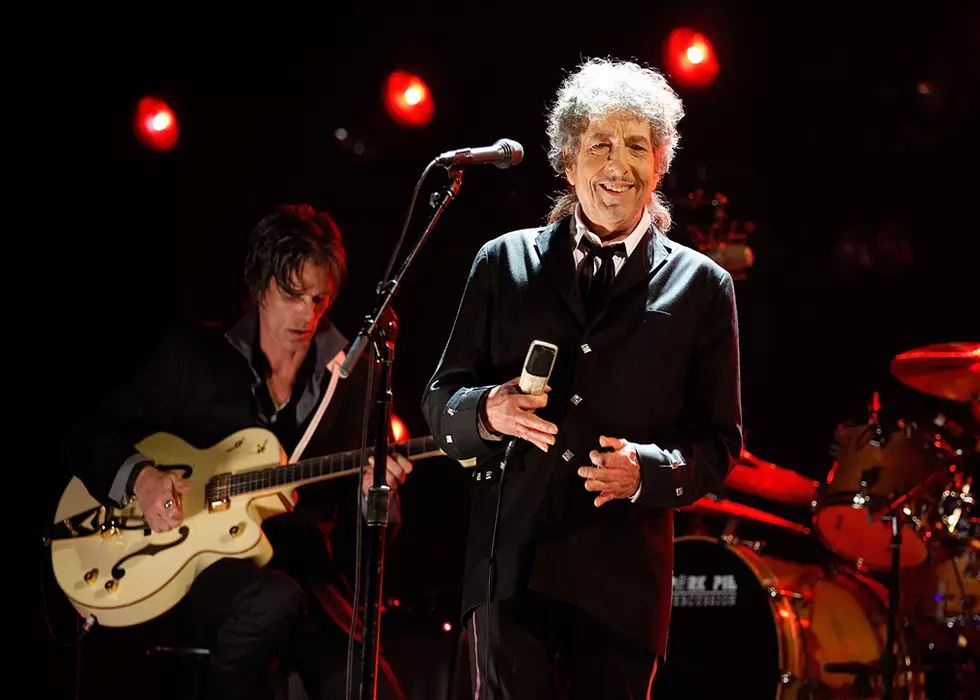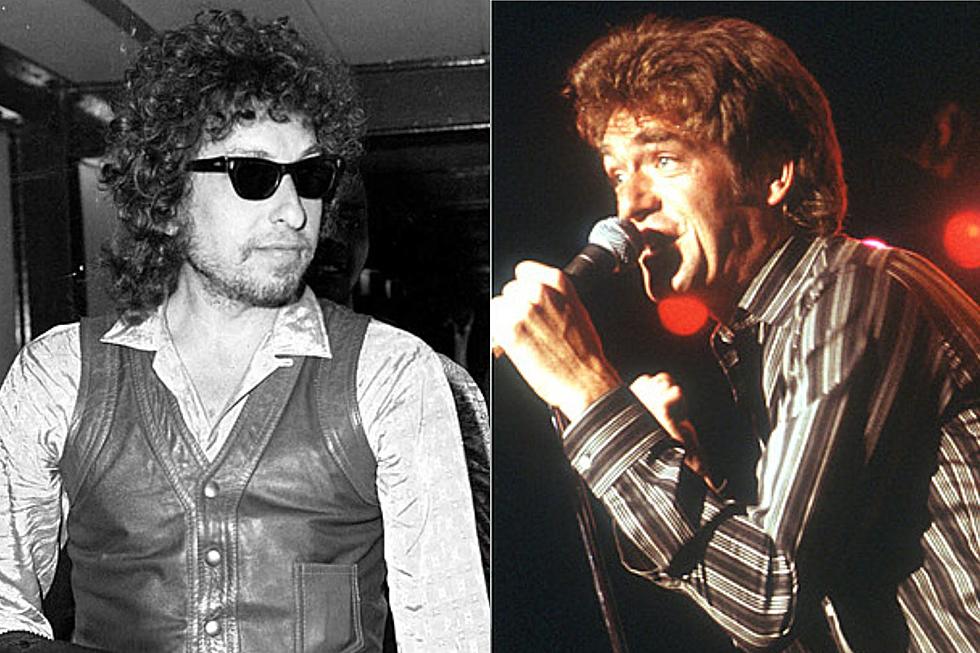
How Bob Dylan’s Late-Career Surge Ended With ‘Tempest’
It happens every few years, whenever Bob Dylan releases a new album: Critics and fans fall over themselves praising the singer-songwriter for his unwavering genius and dedication to traditional music forms. From 1997’s spiritual rebirth Time Out of Mind to Tempest, his 35th album, Dylan’s late-career arc is one of rock’s most storied tales.
But it’s a lie. Time Out of Mind isn’t Highway 61 Revisited. Love and Theft isn’t Blonde on Blonde. And Tempest isn’t even Blood on the Tracks.
It’s a good record, no doubt about it. But it’s not a great one. It’s musically lazy at times, overlong and often lyrically obtuse, never connecting on the most primal level, rock’s most primal level, the way Dylan’s timeless ‘60s albums do. And like those other overpraised works of the past 15 years, Tempest is a reflection of a past that Dylan doesn’t want to shake, unlike his repeated attempts to demolish his own legend over the decades.
The opening "Duquesne Whistle" is an old-timer’s train song, complete with a locomotive carrying a metaphorical load of loneliness and death, played out over a bluesy shuffle straight out of the '40s. "Scarlet Town" is a ghostly folk song of love and death plucked out on banjo and violin that actually borrows a few words from a 19th century poem.
Watch Bob Dylan's Video for 'Duquesne Whistle'
Meanwhile, the closing "Roll on John" is a tribute to John Lennon – 30 years late and not as revealing as you’d hope – though Dylan’s frayed, sad voice suits the song’s somber mood. Tempest might as well be called Remembrance of Things Dead.
If the rest of the LP continually flirts with this classification, the album’s title track earns it. At a sprawling 14 minutes, Tempest is one of those chorus-free epics Dylan hauls out from time to time (see "Desolation Row" and Time Out of Mind's "Highlands"). This one relates the story of the Titanic, and like the 1997 Oscar-hogging movie about the fateful boat, it seems to go on forever. Rich and poor are divided, an iceberg shows up, bodies float in flooded corridors, and Leonardo DiCaprio makes an appearance, because why not?
There’s a bigger picture here, of course, as there always is with Bob Dylan. But don’t mistake it for a grand statement à la Highway 61 Revisited or Blood on the Tracks. Tempest is no better than a really, really good John Hiatt album. Let’s stop acting like it is.
Bob Dylan Bootleg Series Albums, Ranked Worst to Best
More From Ultimate Classic Rock









